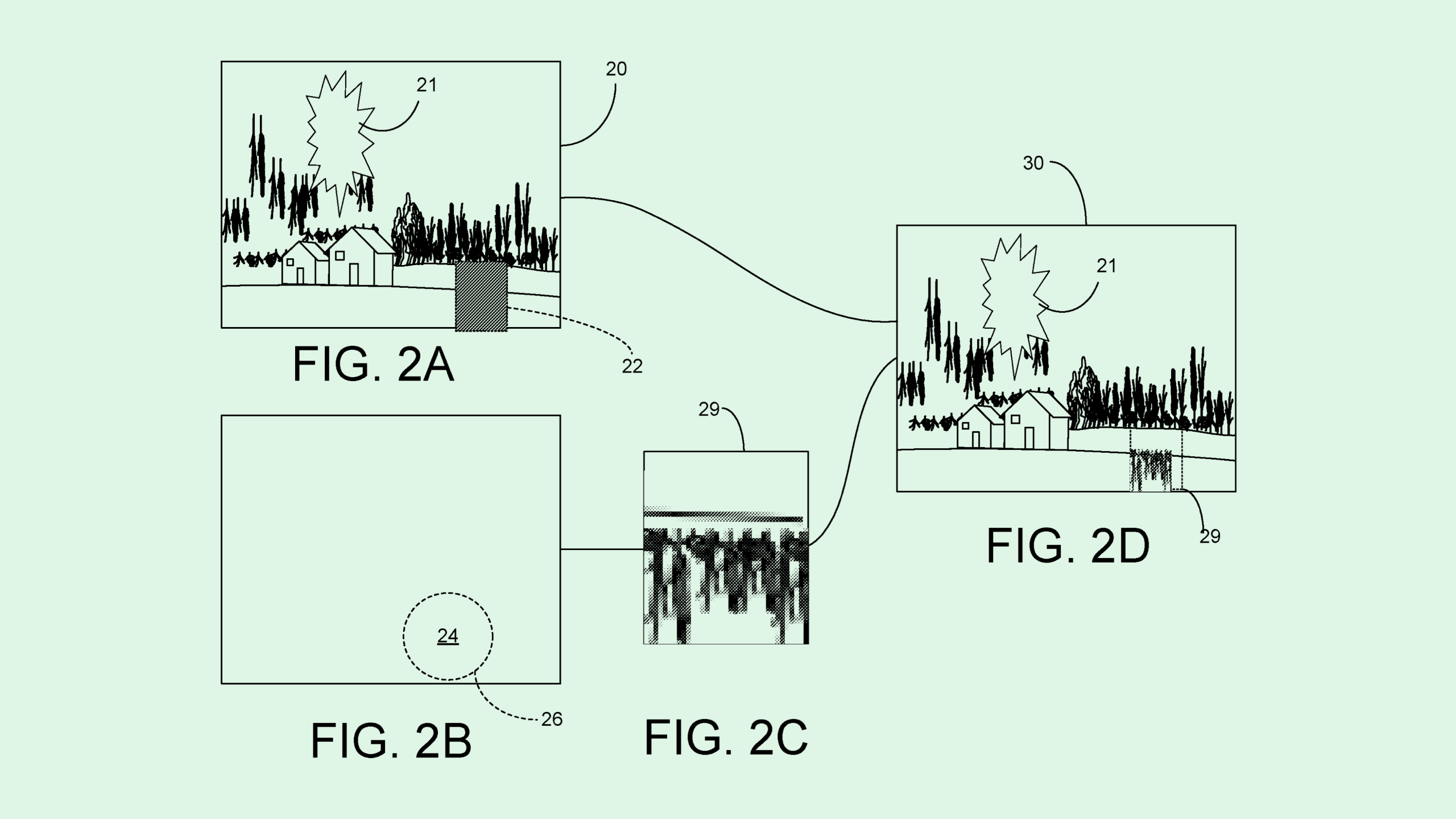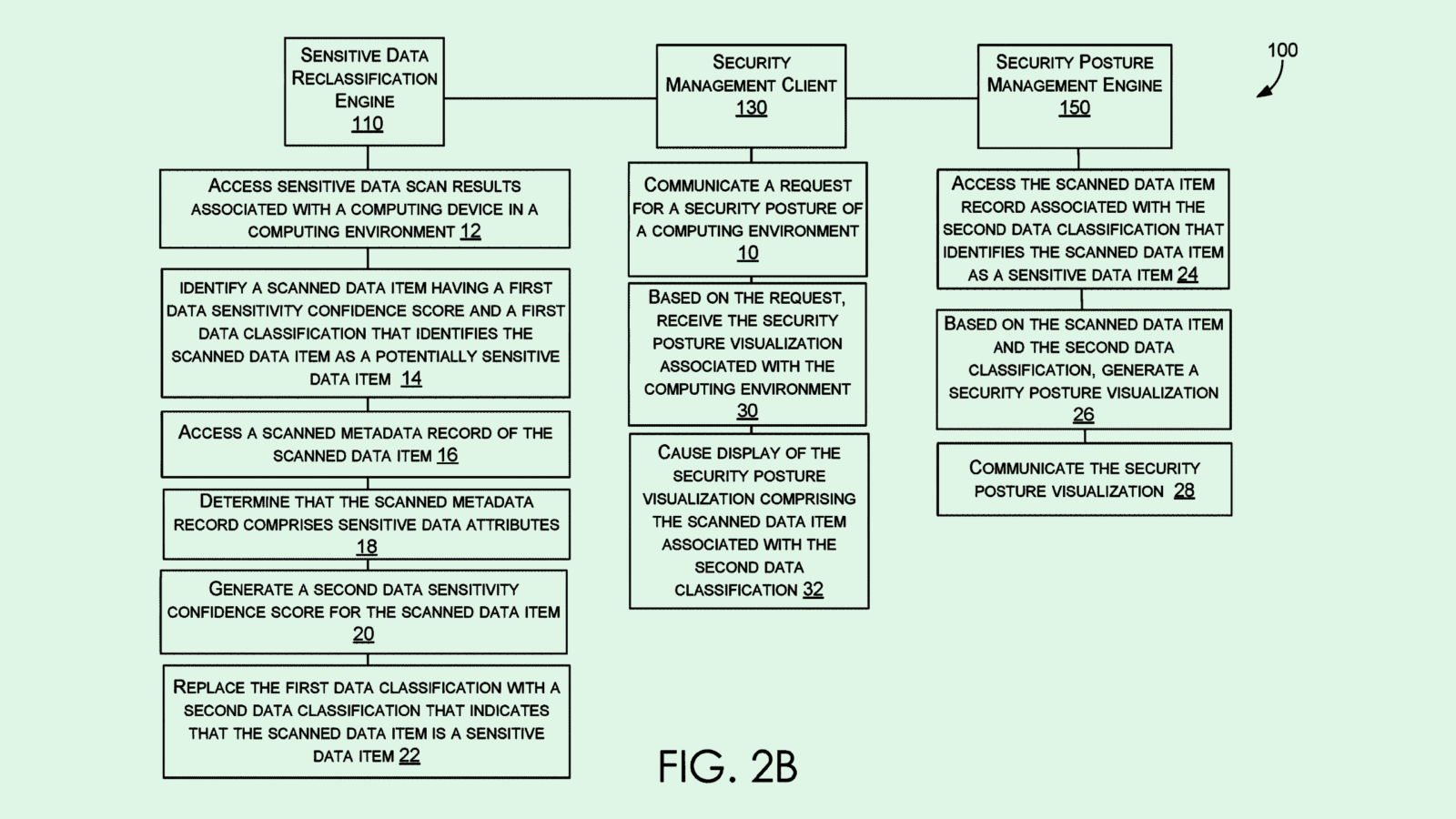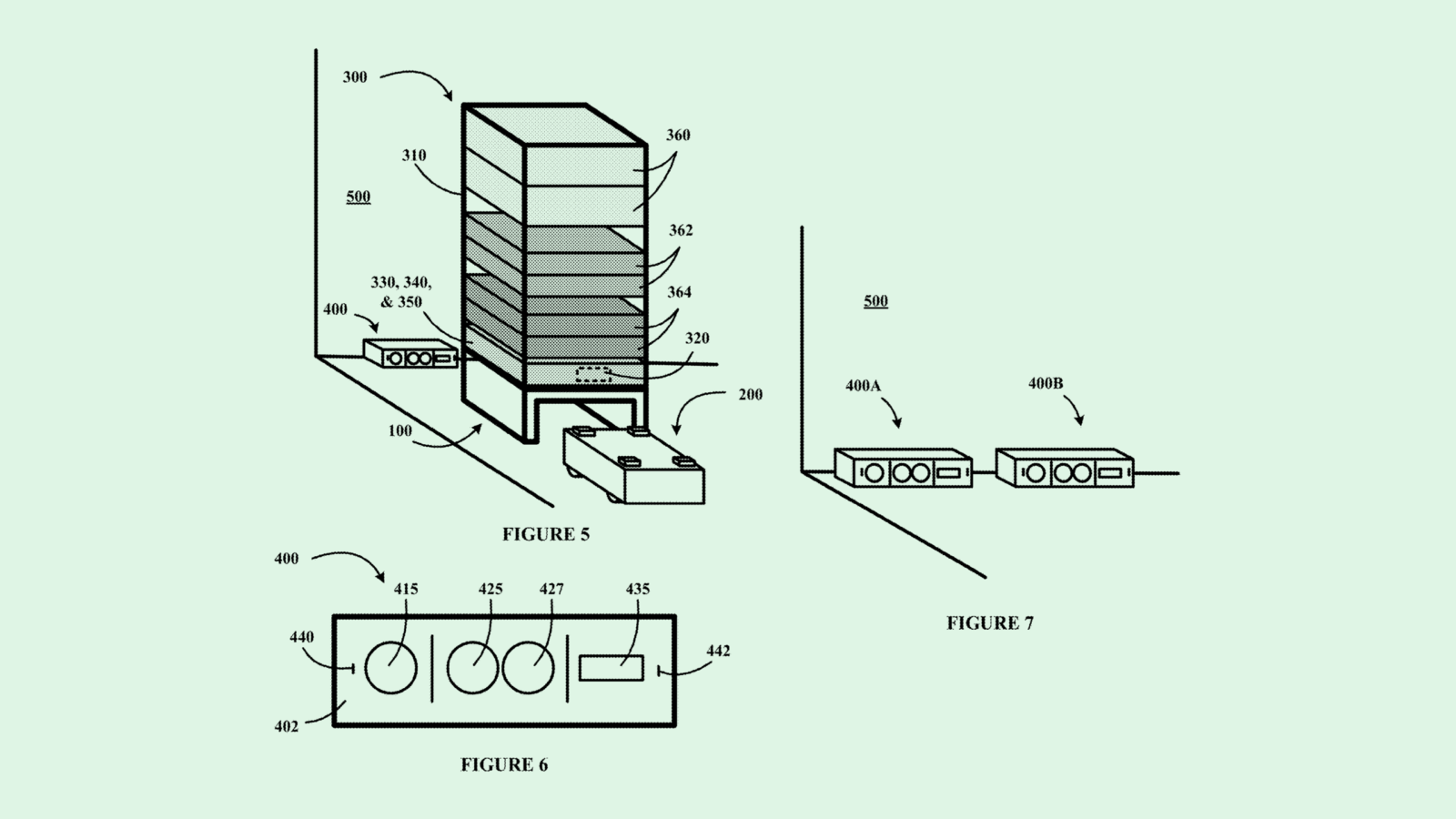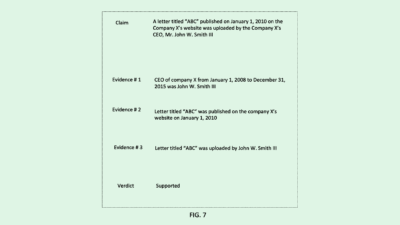Google May Be Giving Glasses Another Go. Will It Succeed?
Despite its initial fumble with Google Glass, there are a few reasons it may be able to avoid another “glassholes” situation.

Sign up to uncover the latest in emerging technology.
Google wants to be a little easier on the eyes.
The company filed a patent application for “foveated images with adaptive exposure” that would automatically adjust exposure in augmented or virtual reality environments depending on where the user is looking.
For reference, a “foveated” image is created via a technique which prioritizes rendering images only where the user’s gaze is focused, which can lighten the processing load on artificial reality devices.
Though human eyes automatically adjust exposure in the real world, artificial reality doesn’t have that same capability. “Thus, details of the image that have been captured are lost in the process of displaying the image to the user,” Google said in the filing.
Google’s tech uses infrared eye tracking to monitor a user’s gaze and determine “fixation points.” Around this point, the system applies a “Gaussian mask,” a technique that creates a blurred region around the user’s point of focus. Every pixel that’s within that Gaussian mask is adjusted individually to fix the exposure, and the resulting foveated image is streamed back to the user.
The goal is to provide real-time image correction based on user attention, while easing the computational burden in AR devices.
It’s no secret that Google is readying for re-entry into the AR glasses market. The company has a number of patent filings related to artificial reality tech, including improved image overlay technology and neural network-based mapping. The company is also in league with Qualcomm and Samsung to create a set of mixed reality glasses.
Though the market is very nascent, there are a few rival firms that have made their interest in the tech clear – namely Meta and Snap. Both social media giants have shown off a set of AR glasses in the past several months, with Meta debuting Project Orion and Snap releasing its fifth-generation Spectacles in September.
Though it may have to play a little catchup, Google has a few advantages in this market, said Jake Maymar, AI strategist at The Glimpse Group. The company’s AI prowess gives it a leg up in making the devices more useful to users.
Another advantage is the brand awareness that Google and its products already have, he said. Its stronghold on the phone market with Android doesn’t hurt, as the headsets likely won’t be standalone devices right away.
But despite Google’s advantages, the industry as a whole has tons of hurdles to overcome, including engineering, form factor, cost and adoption, he said. “I think they’re well positioned to be successful,” said Maymar. “But AR is a very, very hard problem to solve. And major companies are still trying to solve this.”
And let’s not forget that Google has tried – and largely fumbled – smart glasses in the past with Google Glass. But there are a few reasons it may be able to avoid another “glassholes” situation, said Maymar. For starters, consumers are more aware of artificial reality as a concept than they were when Google Glass was first introduced. With that, more “practical applications” for the technology have emerged, he said.
“I think society will sort of adapt to this new technology and decide where it can be used, and where it’s inappropriate,” he said.











